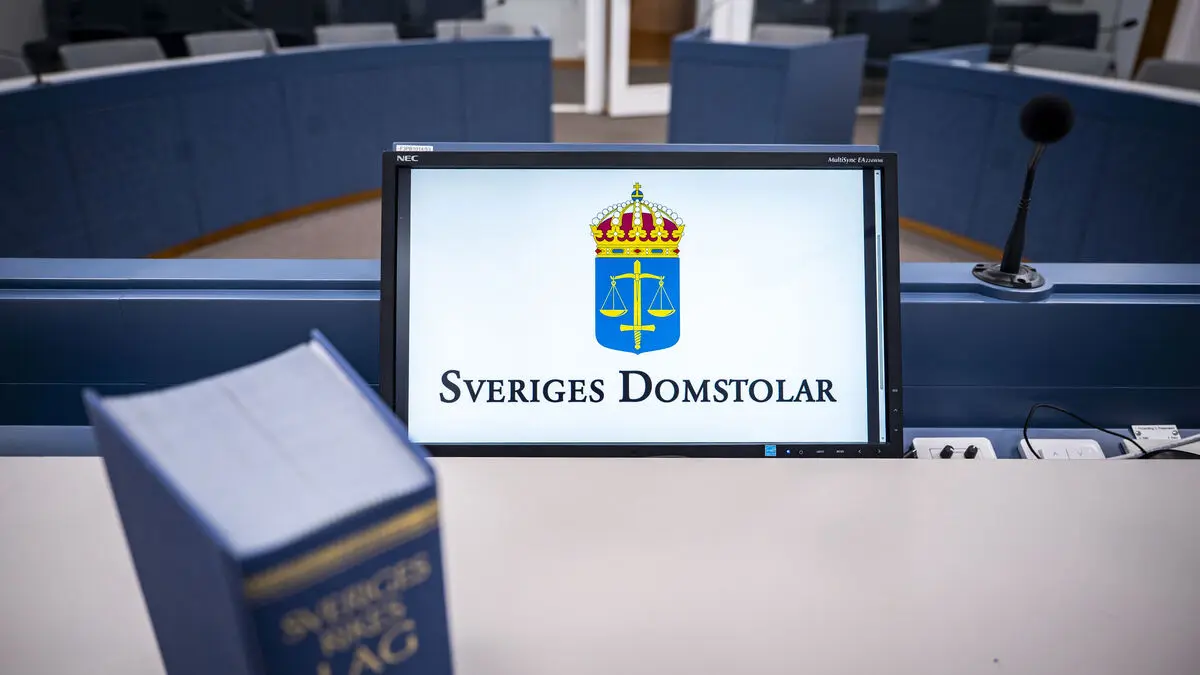So it will be, says Finance Minister Elisabeth Svantesson (M) at a press conference in Harpsund.
The 60 billion kronor that the government wants to invest in new reforms in 2025 can be compared to the 40 billion kronor invested this year.
The National Institute of Economic Research had estimated the reform scope for 2025 to be around 50 billion kronor. The Confederation of Swedish Enterprise wanted to see investments of 65 billion kronor and the Swedish Trade Union Confederation investments of 100 billion kronor.
It's a well-balanced reform scope where we can both support the economy here and now, but also do things in the long term to get growth going. We also know that the Swedish Central Bank has announced interest rate cuts, which will also affect the Swedish economy, says Elisabeth Svantesson.
Compensation in focus
Besides defense and crime prevention, the focus in the budget will be on compensating households for the price increases in recent years, measures to get the economy going, and strengthening Sweden's competitiveness in the long term, for example through research.
But exactly how the money will be used, the government does not want to reveal yet. The negotiations on the budget for next year are largely complete. According to Svantesson, only details remain.
For households, tax cuts are expected, among other things. About a dozen proposals for tax cuts have been on the negotiating table.
A lot of them will be included, says Svantesson.
Among other things, the government parties and the Sweden Democrats have negotiated a new job tax deduction and lower taxes for pensioners, totaling 10 billion kronor.
Money for welfare
Svantesson also promises investments in welfare and infrastructure.
Will healthcare receive more money?
We will return with details, but the financial levels and challenges that existed this year, we do not see that municipalities and regions will have next year.
She says she sees a "light on the horizon" for the economy, even though Sweden is still in a low-growth economy.
We make the assessment that the recovery will start sometime at the end of this year. But we see that we still have a low-growth economy even next year, she says.
Unemployment is expected to remain at a high level next year and then decrease slightly.
GDP is estimated to increase by 0.8 percent this year, compared to the previous estimate in June of 1.4 percent.
On the other hand, the outlook is revised upwards slightly for 2025, from 2.4 to 2.5 percent.
Unemployment is estimated to land at 8.3 percent both this year and next year, slightly lower than the previous forecast.
Inflation is expected to be 2.8 percent on average this year and fall sharply to 0.9 percent next year, which is an unchanged forecast.
Source: Ministry of Finance






